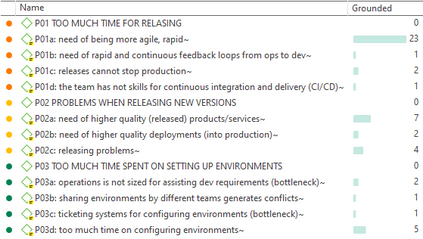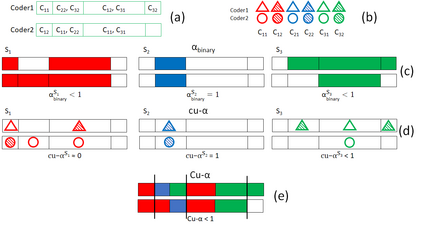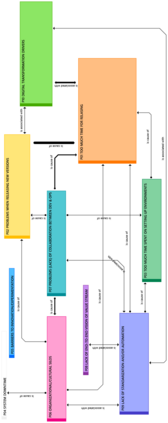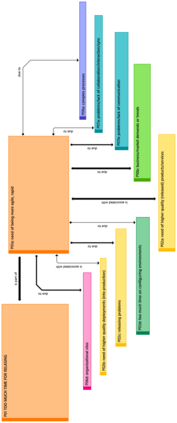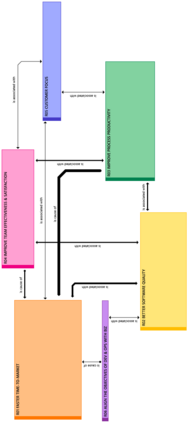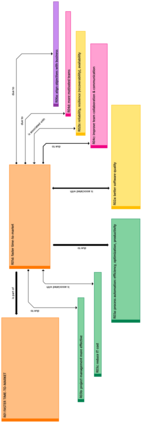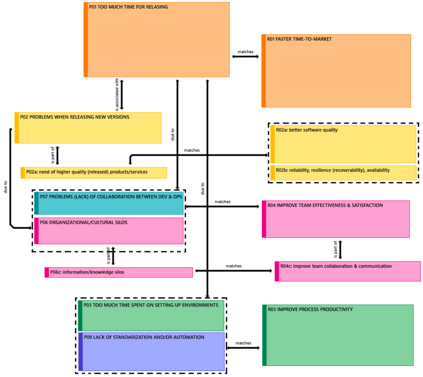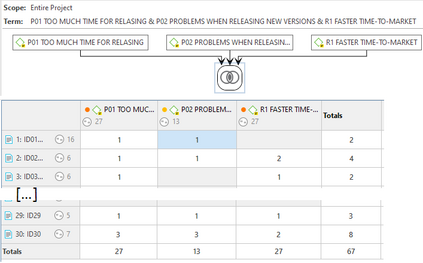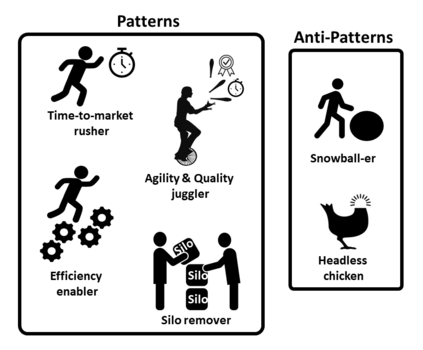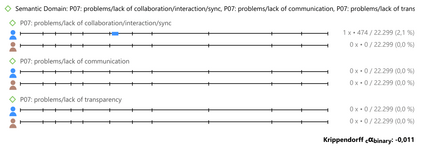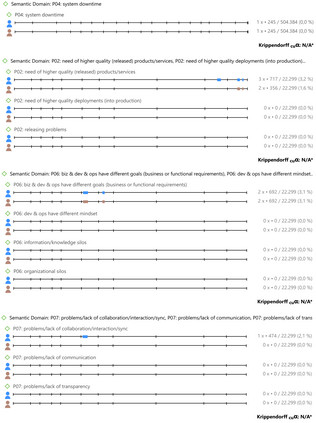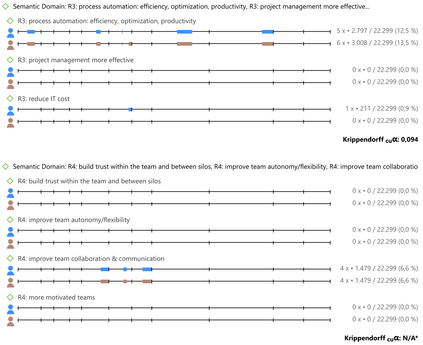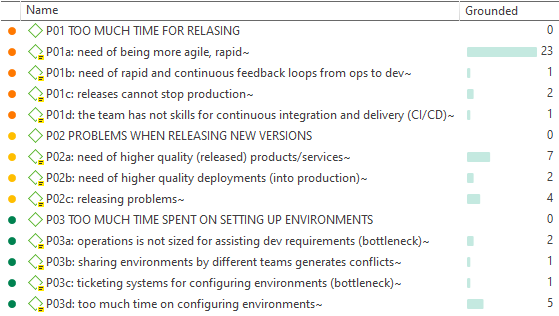Context: DevOps can be defined as a cultural movement to improve and accelerate the delivery of business value by making the collaboration between development and operations effective. Although this movement is relatively recent, there exist an intensive research around DevOps. However, the real reasons why companies move to DevOps and the results they expect to obtain have been paid little attention in real contexts. Objective: This paper aims to help practitioners and researchers to better understand the context and the problems that many companies face day to day in their organizations when they try to accelerate software delivery and the main drivers that move these companies to adopting DevOps. Method: We conducted an exploratory study by leveraging in depth, semi-structured interviews to relevant stakeholders of 30 multinational software-intensive companies, together industrial workshops and observations at organizations' facilities that supported triangulation. Additionally, we conducted an inter-coder agreement analysis, which is not usually addressed in qualitative studies in software engineering, to increase reliability and reduce authors bias of the drawn findings. Results: The research explores the problems and expected outcomes that moved companies to adopt DevOps and reveals a set of patterns and anti-patterns about the reasons why companies are instilling a DevOps culture. Conclusions: This study aims to strengthen evidence and support practitioners in making better informed about which problems trigger a DevOps transition and most common expected results.
翻译:目标:本文件旨在帮助从业者和研究人员更好地了解许多公司在其组织中试图加快软件交付和加快提供商业价值的文化运动,使这些公司能够采用DevOps。方法:我们进行了一项探索性研究,通过深入、半结构化的访谈,与30个多家软件密集型公司的相关利益攸关方进行接触,在支持三角的各组织设施内举办工业讲习班和观察,并一起进行工业讲习班和观察。此外,我们进行了一项相互编码协议分析,通常在软件工程质量研究中不讨论,以提高可靠性,减少所得出研究结果对作者的偏向。结果:研究探讨了促使这些公司采用DevOps的问题和预期结果,并揭示了一套模式和反模式。 研究的目的是为了为大多数公司提供更好的发展业务转型结果提供更好的支持。

